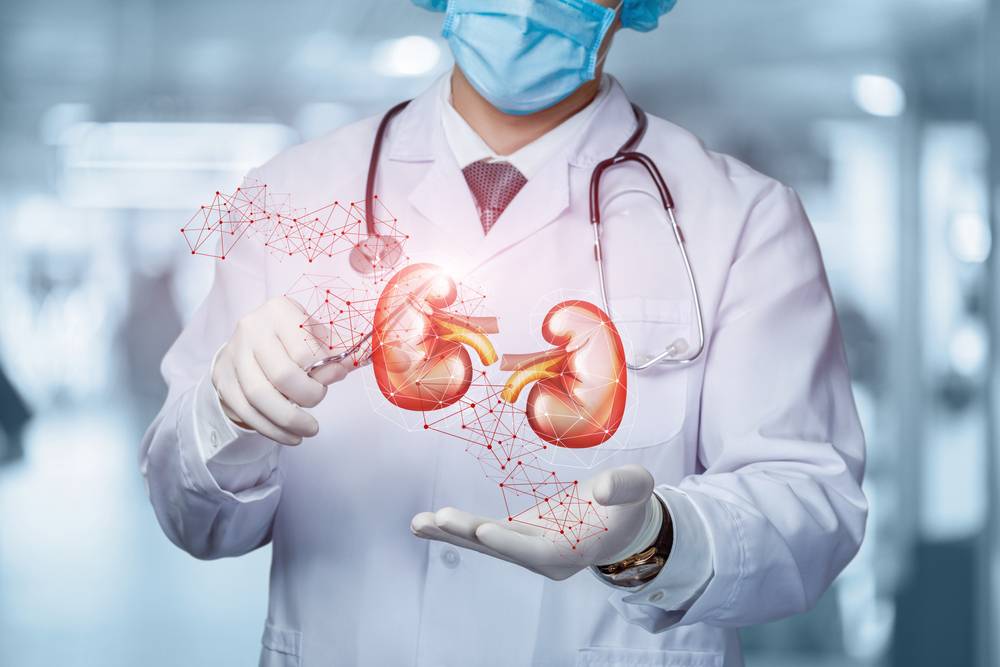Long-term Complications

Long-term complications are usually caused by disturbed kidney functions or side effects of immune-suppressive (anti-rejection) medications:
- Hypertension (high blood pressure) is the most common long-term complication of a kidney transplant. Kidney functions include controlling blood pressure and maintaining it in the normal range. Hypertension in adults is defined as a blood pressure exceeding 140 / 90. Most patients with hypertension are asymptomatic or just complaining of mild headaches. Patients who just had kidney transplants should schedule follow-up appointments with their nephrologist to avoid risks of high blood pressure.
- Cancer is the most serious side effect of immunosuppressants. Generally, patients taking immunosuppressants don’t develop tumors unless they are genetically susceptible. Studies showed that tumor-induced immunosuppression is reported after kidney transplant, these tumors include lymphoma, melanoma, and Kaposi sarcoma.
- Osteoporosis is a medical condition in which the bone matrix gets less dense and weak. It is believed that osteoporosis is a side effect of anti-rejection drugs.
- Weight and acne are less common side effects of immune suppression.


